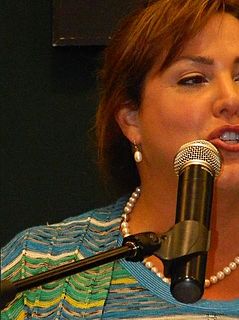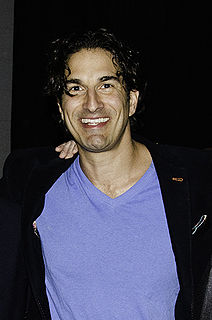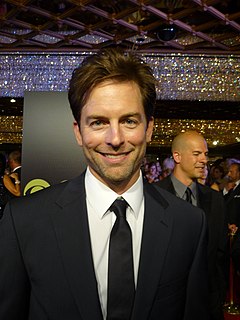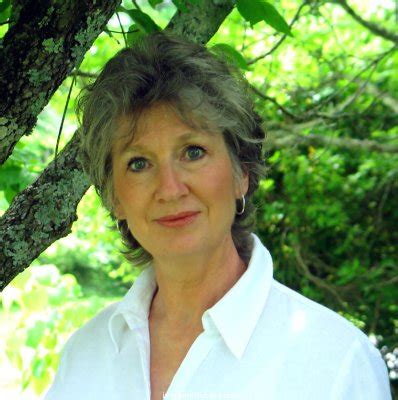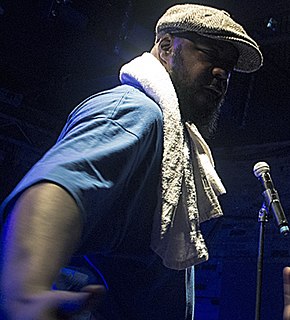A Quote by Eavan Boland
I know now that I began writing in a country where the word 'woman' and the word 'poet' were almost magnetically opposed. One word was used to invoke collective nurture, the other to sketch out self-reflective individualism. Both states were necessary - that much the culture conceded - but they were oil and water and could not be mixed.
Related Quotes
Long ago, there was a noble word, liberal, which derives from the word free. Now a strange thing happened to that word. A man named Hitler made it a term of abuse, a matter of suspicion, because those who were not with him were against him, and liberals had no use for Hitler. And then another man named McCarthy cast the same opprobrium on the word. ... We must cherish and honor the word free or it will cease to apply to us.
Certain individual words do possess more pitch, more radiance, more shazam! than others, but it's the way words are juxtaposed with other words in a phrase or sentence that can create magic. Perhaps literally. The word "grammar," like its sister word "glamour," is actually derived from an old Scottish word that meant "sorcery." When we were made to diagram sentences in high school, we were unwittingly being instructed in syntax sorcery, in wizardry. We were all enrolled at Hogwarts. Who knew?
This word "redemption," what is it about this word? Is it tangible? Do you know when it has happened? Is it necessary in a drama? Does it make a character boring? Does everyone agree on a character being "redeemed?" Or is it a word that is so subjective and polarizing and insignificant in modern television? It is a word that has been given, quite possibly, far too much significance, when it is truly ambiguous and meaningless in a drama. I have personally grown to loathe that word in literature.
What advice do you have for writers working on their first novels?If you feel called to write a book, consider it a gift. Look around you. What assistance is the universe offering you as support? I was given an amazing mentor, a poet, Eleanor Drewry Dolan, who taught me the importance of every word. To my utter amazement, there were times she found it necessary to consult three dictionaries to evaluate one word.
I believe that should is one of the most damaging words in our language. Every time we use it, we are, in effect, saying that we are wrong, or we were wrong, or we're going to be wrong. I would like to take the word should out of our vocabulary forever and replace it with the word could. This word gives us a choice, and we're never wrong.
Allegedly Jesus went through the town and spread the word and the word was God. You know what I mean? And Sean Price... Jesus Price... is going through the hood spreading the word and the word is good hip-hop. That's where it started. There ain't no pictures in there with nails on a cross, I ain't walking no water, I ain't turning water to wine, none of that crazy s**t.
Do you remember when you were 10 or 11 years old and you really thought your folks were the best? They were completely omniscient and you took their word for everything. And then you got older and you went through this hideous age when suddenly they were the devil, they were bullies, and they didn't know anything.
I was like, "This is a new thing that the gay people have decided? That's the gayest thing I've ever heard in my life." You can't do that. You can't decide that a word is forbidden now collectively amongst your group of human beings, that the word is a slanderous evil nasty word about homosexuals. It's not, the word doesn't mean that. And sometimes it's a good word to use in comedy. That's what your friend has to realize when he's at a bar just yelling out the word.
I was fascinated by the lack of a word for a parent who has lost a child. We have no word in English. I thought for sure there'd be a word in Irish but there is none. And then I looked in several other languages and could not find one, until I found the word Sh'khol in Hebrew. I'm still not sure why so many languages don't have a word for this sort of bereavement, this shadowing.



